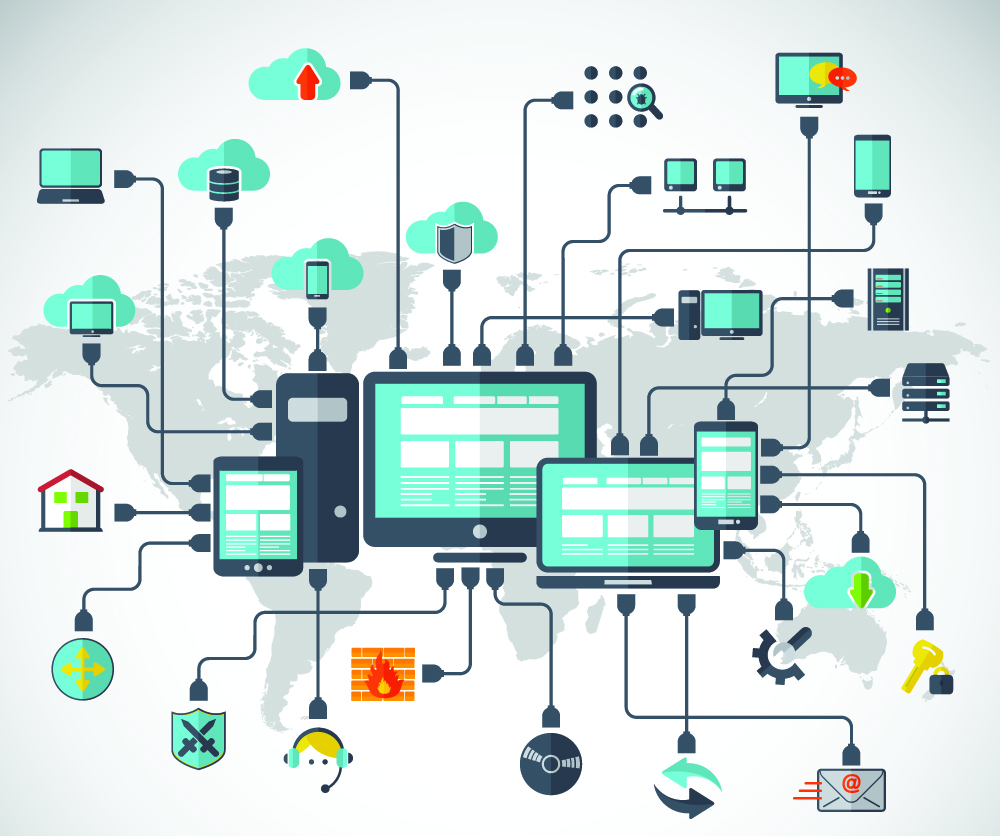
Securing Your Data Online: A 2024 Guide
The internet is an invaluable tool, but it also presents significant risks to your personal data. Data breaches, phishing scams, and malware attacks are increasingly sophisticated. This article provides a comprehensive overview of the latest techniques to protect your information in 2024.
Understanding the Threats
Before diving into solutions, it’s crucial to understand the common threats:
- Phishing: Deceptive emails, messages, or websites designed to steal your credentials.
- Malware: Software designed to damage or gain unauthorized access to your device. This includes viruses, ransomware, and spyware.
- Data Breaches: Unauthorized access to large databases containing personal information.
- Weak Passwords: Easily guessable passwords are a primary entry point for attackers.
- Unsecured Wi-Fi: Public Wi-Fi networks can be vulnerable to eavesdropping.
Essential Security Practices
Here's a breakdown of steps you can take to bolster your online security:
Strong Passwords & Password Managers
Create strong, unique passwords for each of your online accounts. A strong password should be at least 12 characters long and include a mix of uppercase and lowercase letters, numbers, and symbols. Consider using a password manager to generate and store your passwords securely.
Two-Factor Authentication (2FA)
Enable 2FA whenever possible. This adds an extra layer of security by requiring a second verification method (like a code sent to your phone) in addition to your password.
Software Updates
Keep your operating system, web browser, and all software applications up to date. Updates often include critical security patches that address vulnerabilities.
Antivirus & Anti-Malware Software
Install reputable antivirus and anti-malware software and keep it updated. These programs can detect and remove malicious software from your device.
Be Wary of Phishing Attempts
Be cautious of suspicious emails, messages, and websites. Never click on links or download attachments from unknown sources. Verify the sender's identity before providing any personal information.
Secure Your Wi-Fi Network
Use a strong password for your Wi-Fi network and enable WPA3 encryption. Avoid using public Wi-Fi networks for sensitive transactions. If you must use public Wi-Fi, use a Virtual Private Network (VPN) to encrypt your internet traffic.
Advanced Security Measures
For those seeking even greater protection:
| Security Measure | Description |
|---|---|
| VPN (Virtual Private Network) | Encrypts your internet traffic and masks your IP address, protecting your privacy and security. |
| Firewall | Acts as a barrier between your device and the internet, blocking unauthorized access. |
| Data Encryption | Encrypts sensitive data stored on your device, making it unreadable to unauthorized users. |
| Regular Backups | Back up your important data regularly to an external drive or cloud storage. This ensures you can recover your data in case of a data loss event. |
Staying Informed
The online threat landscape is constantly evolving. Stay informed about the latest security threats and best practices by following reputable security blogs and news sources. Resources like StaySafeOnline.org and the FTC's Consumer Information provide valuable information.
By implementing these security measures, you can significantly reduce your risk of becoming a victim of cybercrime and protect your valuable data online.
